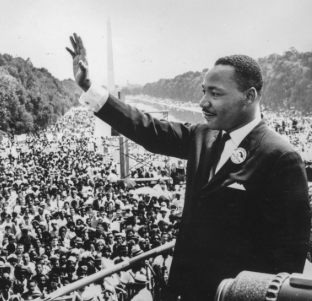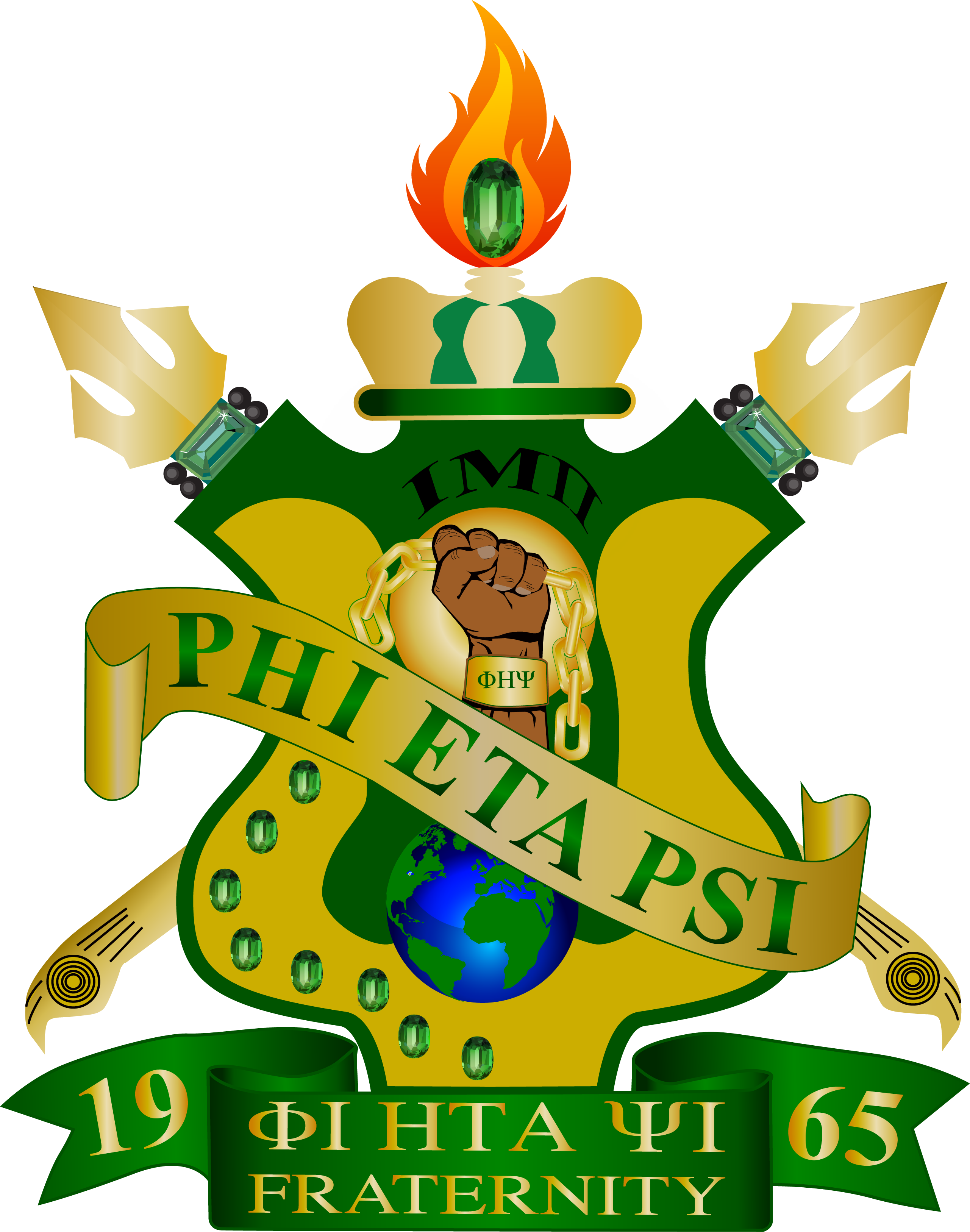In Honor of Dr. Martin Luther King Jr. Day

The Legacy of Dr. Martin Luther King
Dr. Martin Luther King Jr.’s Accomplishments
1. Broke Barriers with the Birmingham Campaign
During the 1960s, Birmingham, Alabama, was one of the most racially segregated cities in the nation, with black residents facing horrendous treatment and discrimination. At the start of 1963, King began what would later become known as the Birmingham Campaign, where citizens stood together to fight this maltreatment. As part of the campaign, he organized sit-ins at restaurants, libraries, and churches, marches on government buildings like Birmingham City Hall, and boycotts of local merchants to grab the country’s attention.
When adult volunteers ran low, teens and children joined, which would become the catalyst for a horrific event that would change history. Eugene Connor of the Birmingham Police Department became known nationwide when he ordered the use of police dogs and high-powered water jets to attack the children joining the campaign. The result was Connor losing his job and the municipal government changing the city’s discrimination and segregation laws.
2. Gave A Speech That Altered the Course of History
Dr. Martin Luther King Jr. is arguably best known for his historic “I Have A Dream” speech, which changed hearts and minds forever. Given on the steps of the Lincoln Memorial in Washington, DC, in front of over 25,000 people, it remains one of the most memorable and moving speeches of all time.
Partially ad-libbed, King started with prepared remarks when a member of the audience, Mahalia Jackson, yelled, “Tell them about the dream, Martin!” After a brief pause, he left his notes behind and began speaking of a future that pulled on every heartstring in attendance. The dream speech is considered the catalyst of the Civil Rights Movement, propelling it forward and lighting the fire for racial equality across the country.
3. Became the Youngest Person Ever to Receive the Nobel Peace Prize
Thanks to his monumental work in leading non-violent resistance against racial segregation, King became the youngest recipient ever to receive the Nobel Peace Prize on October 14th, 1964. Although only 35 at the time, his activism work gained popularity due to his emphasis on peaceful protests and nonviolent social change, proving that love and acceptance could truly change the world. Dr. King valiantly brought African Americans and white people together, breaking barriers and showing that humanity is much more than skin deep.
4. Led the Montgomery Bus Boycott
December 1st, 1955, is a day that would mark the beginning of the end of segregation in public spaces. Rosa Parks famously refused to leave her seat on a city bus for a white person, an act of civil disobedience that would see her jailed on the grounds of the state’s racial segregation laws.
This event prompted ED Nixon to plan the Montgomery Bus Boycott, which Martin Luther King Jr. would lead. The boycott lasted an astonishing 385 days, during which King faced constant persecution: his home was bombed, he received countless threats, and he served jail time
On December 20th, 1956, under intense political and social pressure, the Supreme Court ruled that segregation on public buses was an unconstitutional act, changing the face of public transit forever.
5. Founded the Southern Christian Leadership Conference (SCLC)
The Montgomery Bus Boycott not only led to a life-changing U.S. Supreme Court ruling, but it also inspired Dr. King to found the Southern Christian Leadership Conference or SCLC. King began the conference in 1957 as a way to help coordinate peaceful protests and make them more impactful, garnering more involvement from local and national African American communities.
The SCLC played a huge role in the American civil rights movement, aiding in the organization of demonstrators, coordinating sit-ins, and uniting civil rights activists and civil rights leaders, all while promoting nonviolence.
6. Led the March On Washington
As the representative and founder of the SCLC, King was the leading member of what is known as the “Big Six” civil rights organizations that were a part of the March on Washington for Jobs and Freedom on August 28th, 1963. The event was a monumental success, with over 250,000 participants taking to the streets of the Capital in what would historically become the nation’s largest political rally for human rights. This groundbreaking march is hailed as a catalyst for the passage of the world-changing Civil Rights Act of 1964.
7. Changed The World Through Peaceful Protest
As the pastor of the Ebenezer Baptist Church, Dr. King was no stranger to preaching love and nonviolence. Pairing his faith with the inspiration of Mahatma Gandhi’s success through peaceful activism, Dr. King traveled to India, where he would find clarity on how to lead his future non-violent civil rights movement. Using acts like civil disobedience, King found great success, proving to the world that revolutions don’t have to be violent to change history.

